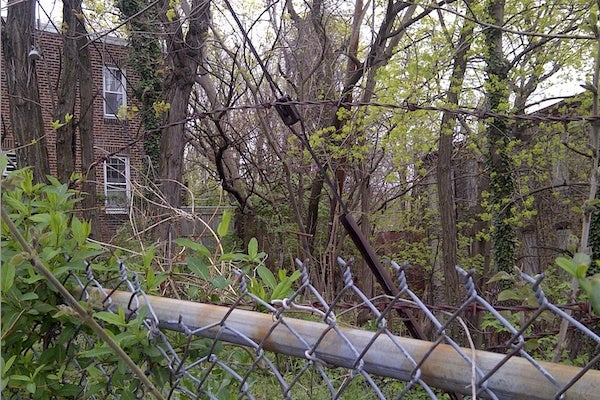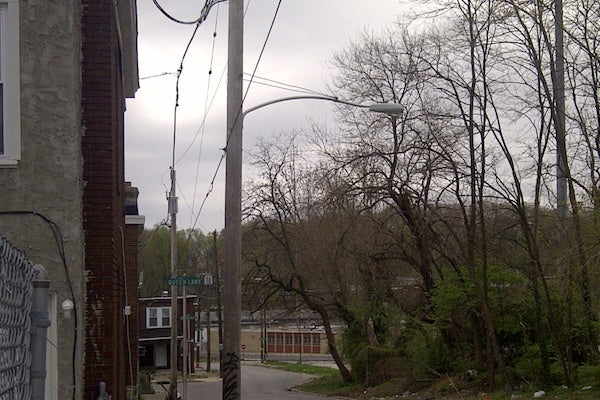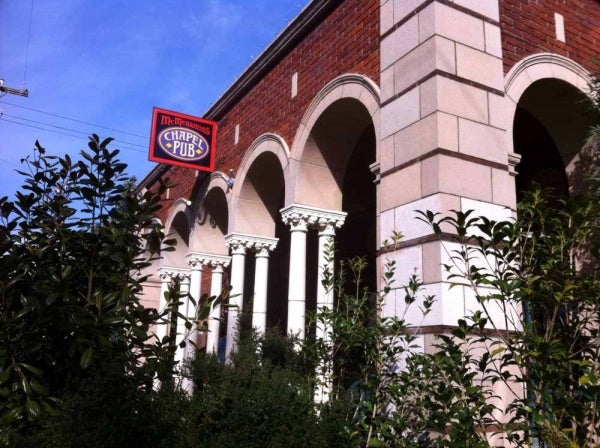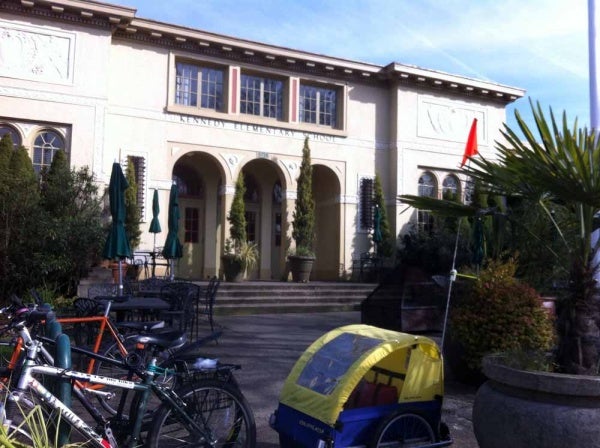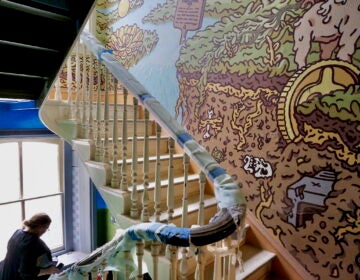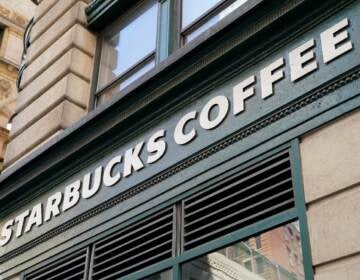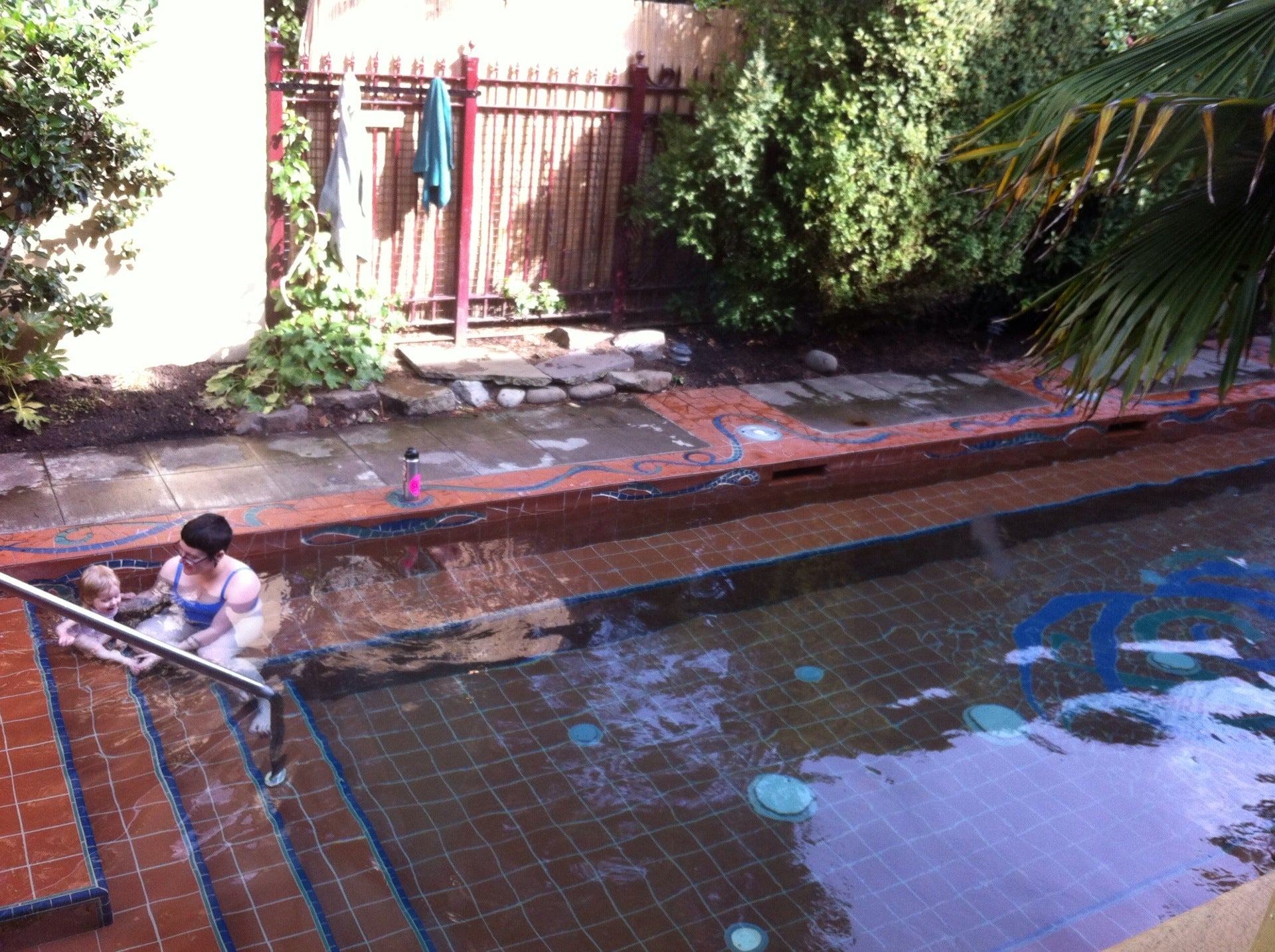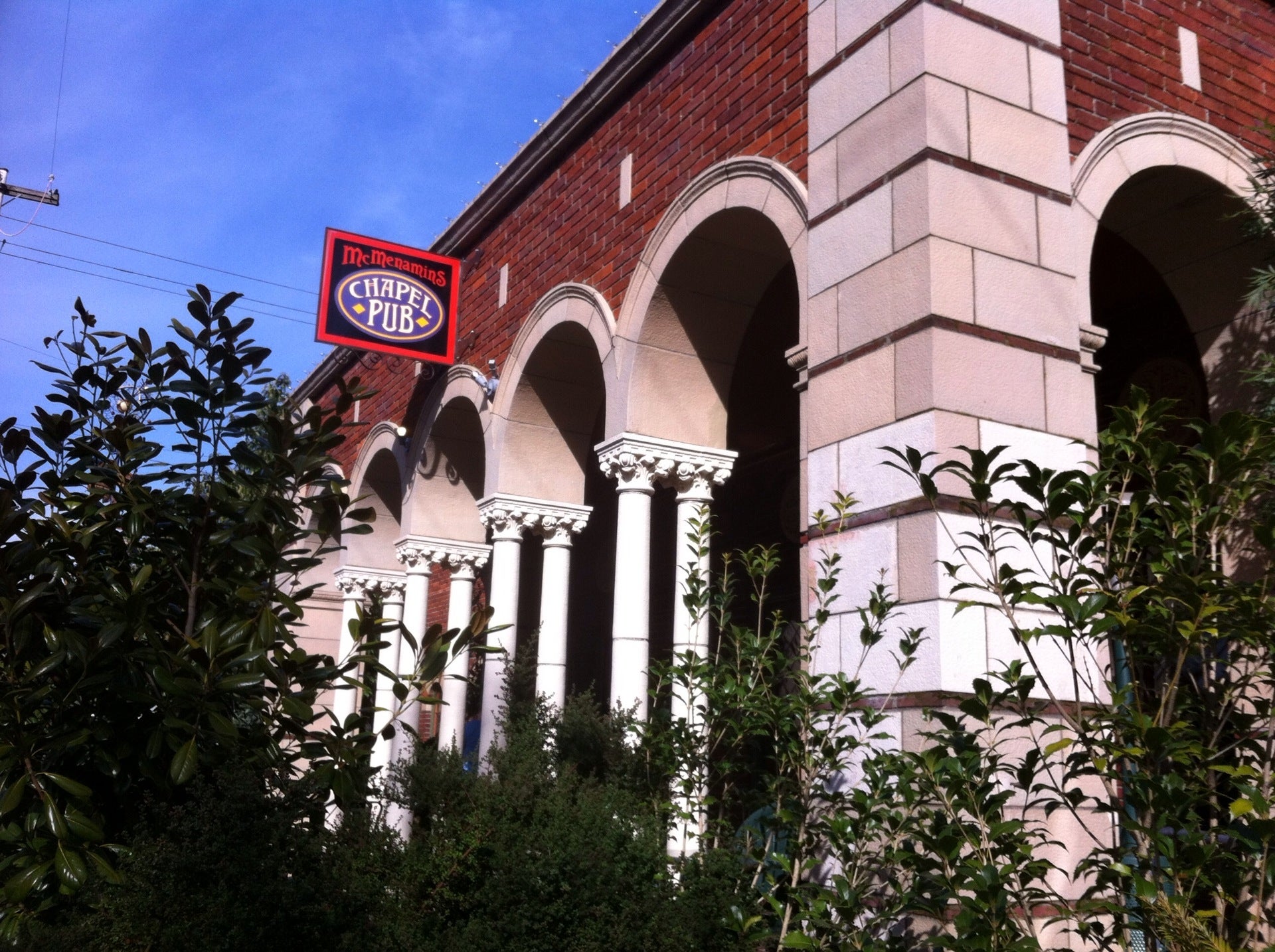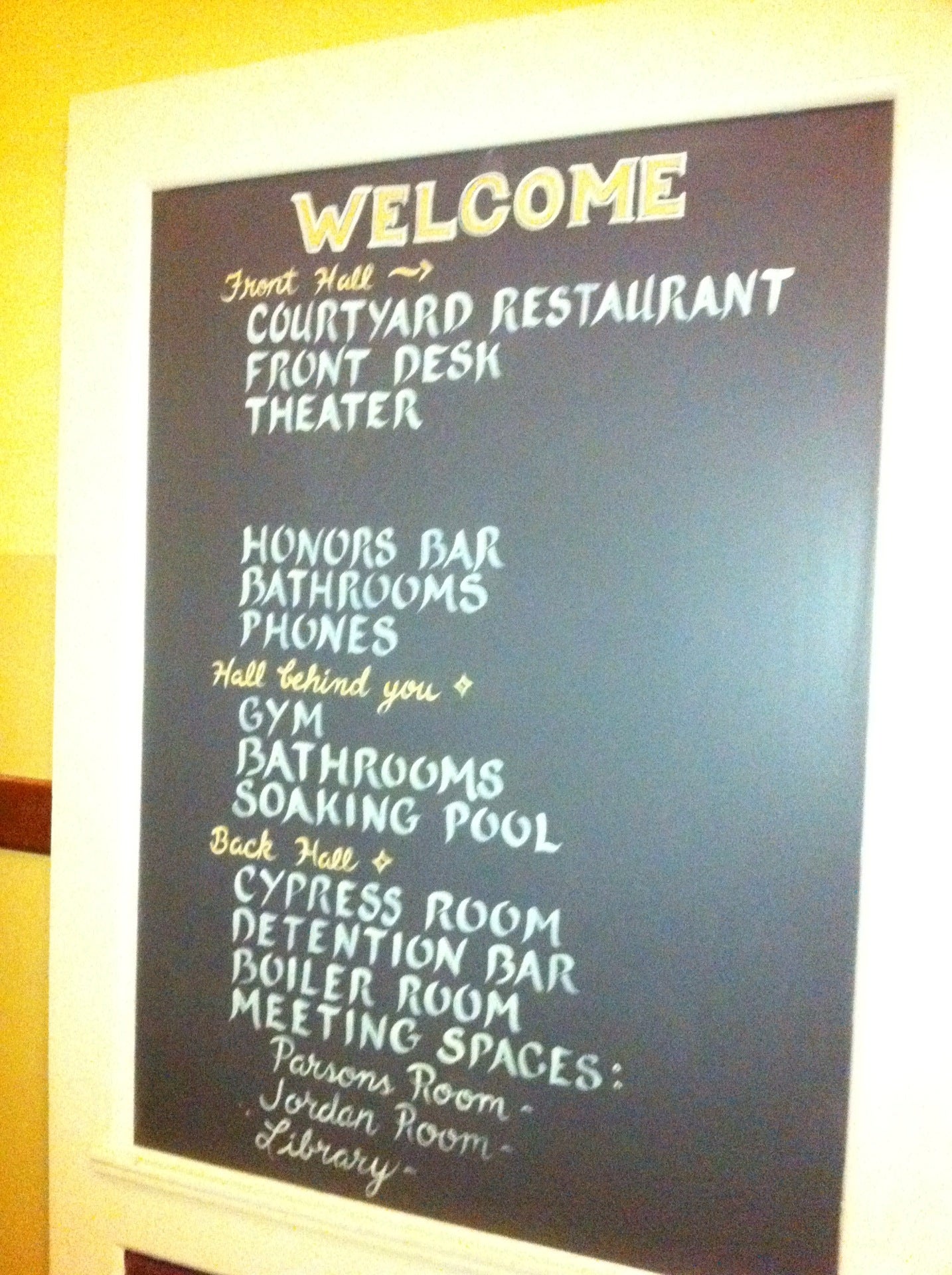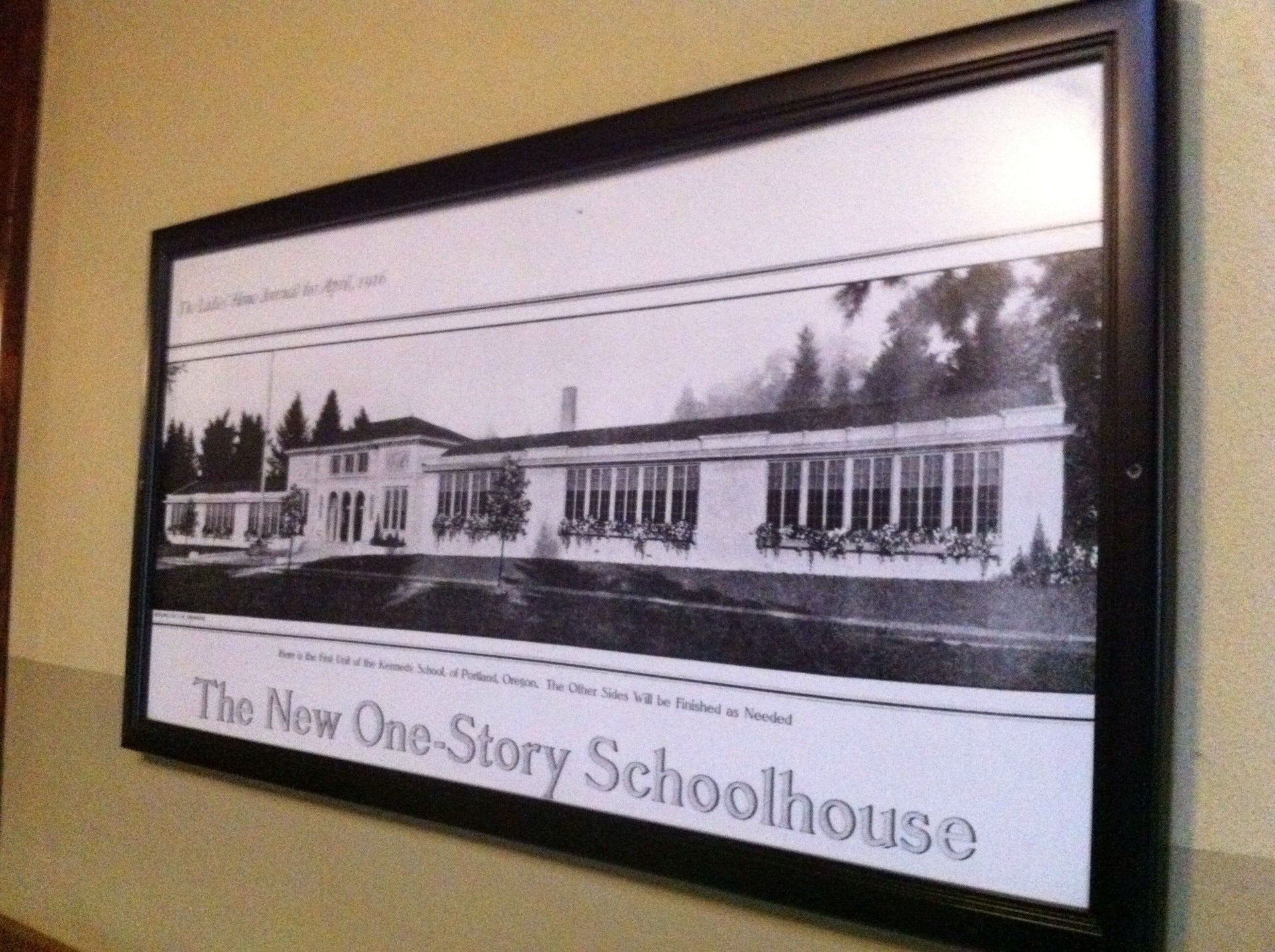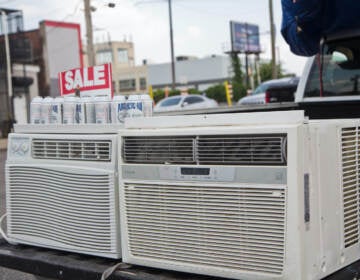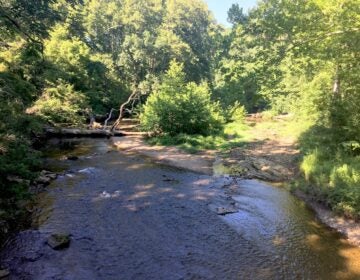From Portland, cues for Philly school-building reuse
The halls of Portland’s Kennedy School are alive with faces. Former students peer down from class photos, and alumni smile from newspaper clippings mounted along corridors leading to the principal’s office and auditorium.
There hasn’t been a student enrolled at The Kennedy School since 1979, but the tidy campus tucked into the corner of a Northeast Portland neighborhood is alive with activity year-round. The 1915 Spanish-style school building was converted to a hotel complex in 1997 by Oregon’s McMenamin brothers, after sitting empty and at risk of demolition for years.
With Philadelphia beginning to seriously consider what will become of dozens of former school buildings here, the Kennedy School and the McMenamins’ other adaptive reuse projects, ranging from grand hotels to small local churches, are worth a look.
A lesson in creative thinking
Neighbors had successfully campaigned to have the Kennedy School historically designated, but several attempts to find an appropriate redevelopment failed. The McMenamins, developers of hotels, brewpubs and entertainment venues in Oregon and Washington, won city approval for their proposal.
It took creative financing, but more importantly, creative thinking. As a result, The Kennedy School‘s 57-room hotel may be not be the weirdest thing in Portland, but it is among the most unique.
The school remains a vital community gathering point by offering public meeting space and through events. The auditorium is now a movie theatre, with weekly matinees and infant-friendly showings; lectures and community events are held in the old library and classrooms; weddings happen in the former gymnasium.
Downstairs, the old boiler room is now the Boiler Room bar. Outside, a heated salt-water soaking pool (added recently) is a gathering place. Everywhere, new and specially-commissioned artwork combines with photos and memorabilia from the school, keeping things kitschy and authentic without veering into a trying-too-hard Applebee’s “neighborhood” vibe.
Re-imagining historic properties
Already, Archdiocese of Philadelphia school closings have left the city dotted with empty former churches, schools, rectories, convents and other campus buildings. In Manayunk, local developer Andy Mulson has plans to convert much of the former St. Lucy’s parish property into apartments and townhouses. In Roxborough, several old church buildings have already been, or are in the process of being renovated into striking apartment and condo projects.
In Germantown, the question is what to do with the massive Germantown High School campus once the School District of Philadelphia closes it and 20 other schools after this year. Friday night, Axis Philly will host a public forum discussion to hear neighbors’ input, and has already launched schoolhousewatch.org to gather ideas.
The McMenamins approach has focused on turning historic or unique properties into bars, restaurants and brewpubs — dubbed “Preserved in alcohol” in one case study — certainly an approach that won’t work in every Philly neighborhood nor in every empty school property.
Four categories for adaptive reuse
But their commitment to involving community groups and neighbors in the renovation and preservation of their properties proves it’s possible to re-imagine historic and beloved properties in a way that acknowledges their past.
According to the National Trust for Historic Preservation, school properties have “intrinsic value and contextual value” to a community, especially their building styles, which tend to be both architecturally distinctive and walkable.
The National Trust found adaptive reuse of historic school buildings falls roughly into four categories: housing, offices, community centers, and mixed-use commercial, with projects facing challenges from renovation costs to fractious relationships with their communities.
But it can, and is, being done in cities nationwide.
NewsWorks has partnered with independent news gatherer PlanPhilly to provide regular, in-depth, timely coverage of planning, zoning and development news. Contact Amy Z. Quinn at azquinn@planphilly.com.
WHYY is your source for fact-based, in-depth journalism and information. As a nonprofit organization, we rely on financial support from readers like you. Please give today.
From Portland, cues for Philly school-building reuse
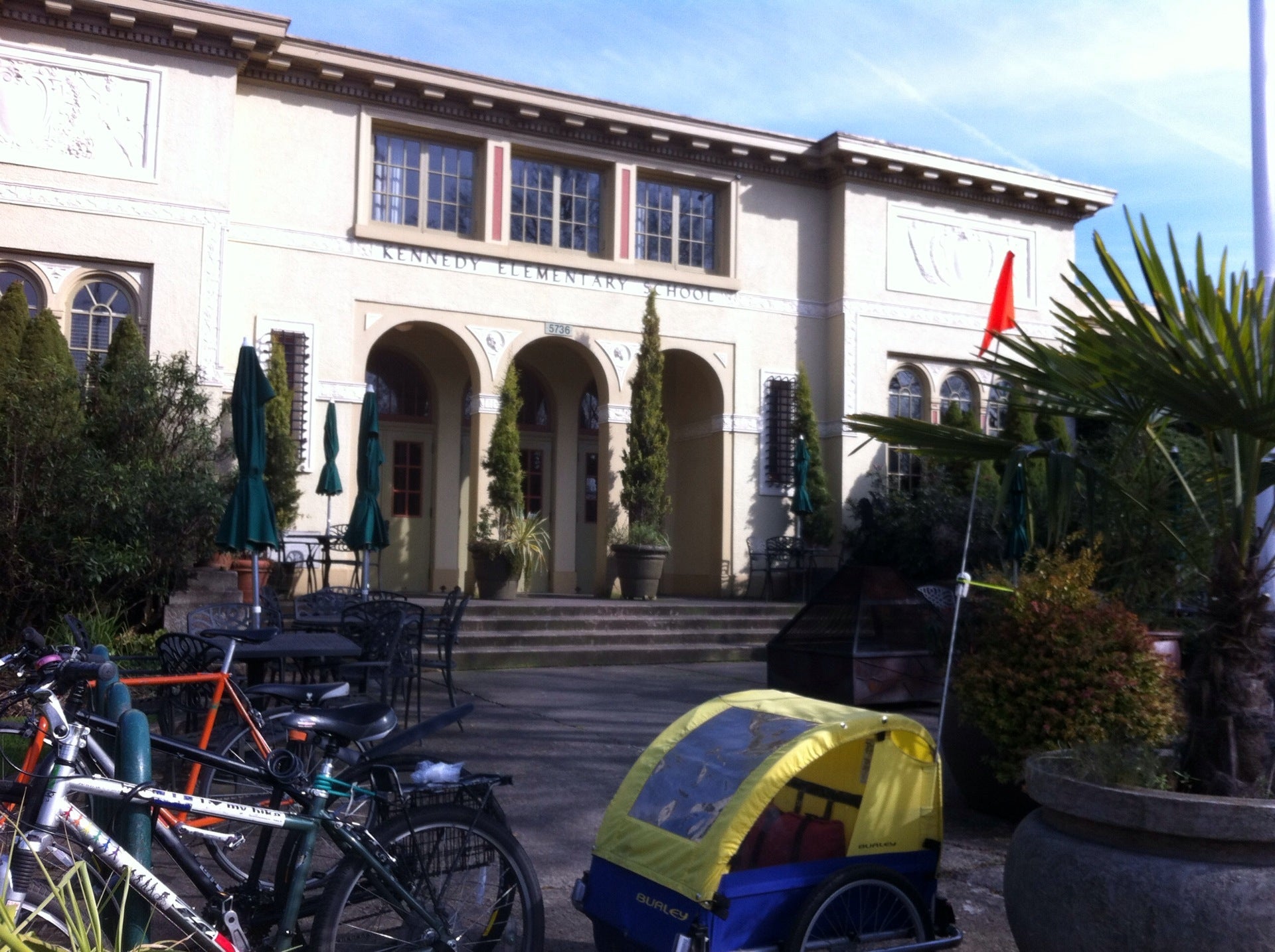
The halls of Portland’s Kennedy School are alive with faces. Former students peer down from class photos, and alumni smile from newspaper clippings mounted along corridors leading to the principal’s office and auditorium.
There hasn’t been a student enrolled at The Kennedy School since 1979, but the tidy campus tucked into the corner of a Northeast Portland neighborhood is alive with activity year-round. The 1915 Spanish-style school building was converted to a hotel complex in 1997 by Oregon’s McMenamin brothers, after sitting empty and at risk of demolition for years.
With Philadelphia beginning to seriously consider what will become of dozens of former school buildings here, the Kennedy School and the McMenamins’ other adaptive reuse projects, ranging from grand hotels to small local churches, are worth a look.
WHYY is your source for fact-based, in-depth journalism and information. As a nonprofit organization, we rely on financial support from readers like you. Please give today.


